Eye-tracking and AI for Enhanced Teaching
Digital Transformation for NeuroDiversity Inclusion in Africa and Asia.
Adaptive program for teaching digital reading skills in secondary education
Mirar per a aprendre
The digitization of education is already a reality, but this process has been carried out without giving time to a prior analysis of its suitability (Sidorkin, 2017). Educational psychology must face the challenges linked to teaching and learning and new skills, such as reading and digital skills. Digital reading literacy is the ability to locate, integrate, and reflect on information in digital format. The ultimate goal of the OLEDIG project is to develop and optimize the digital reading competence of adolescents (5th to 10th grade students) using high-precision technological tools in natural environments.
Assessing digital reading skills across ages
Learn, Train, Read: A Multidimensional Approach to Spelling Processing
The main objective of project LEPANTO is to analyze the repercussions of the use of digital devices for learning to read in primary and secondary education classrooms, based on a multi-method approach.
Effects of attention and linguistic factors on the acquisition of traffic sign information: behavioural and physiological data from drivers with and without dyslexia.
The non-academic literary canon: process of building, characteristics, responsibles, selection and reception in virtual public epitexts
In this study we anaylse how the confinement by COVID-19 is affecting our reading habits. Do we read more or less? How much time do we invest in recreational reading? And in reading news? In what format: paper or digital?
Integration of multimodal information during the driving of vehicles: experimental analysis and evaluation of possible appli


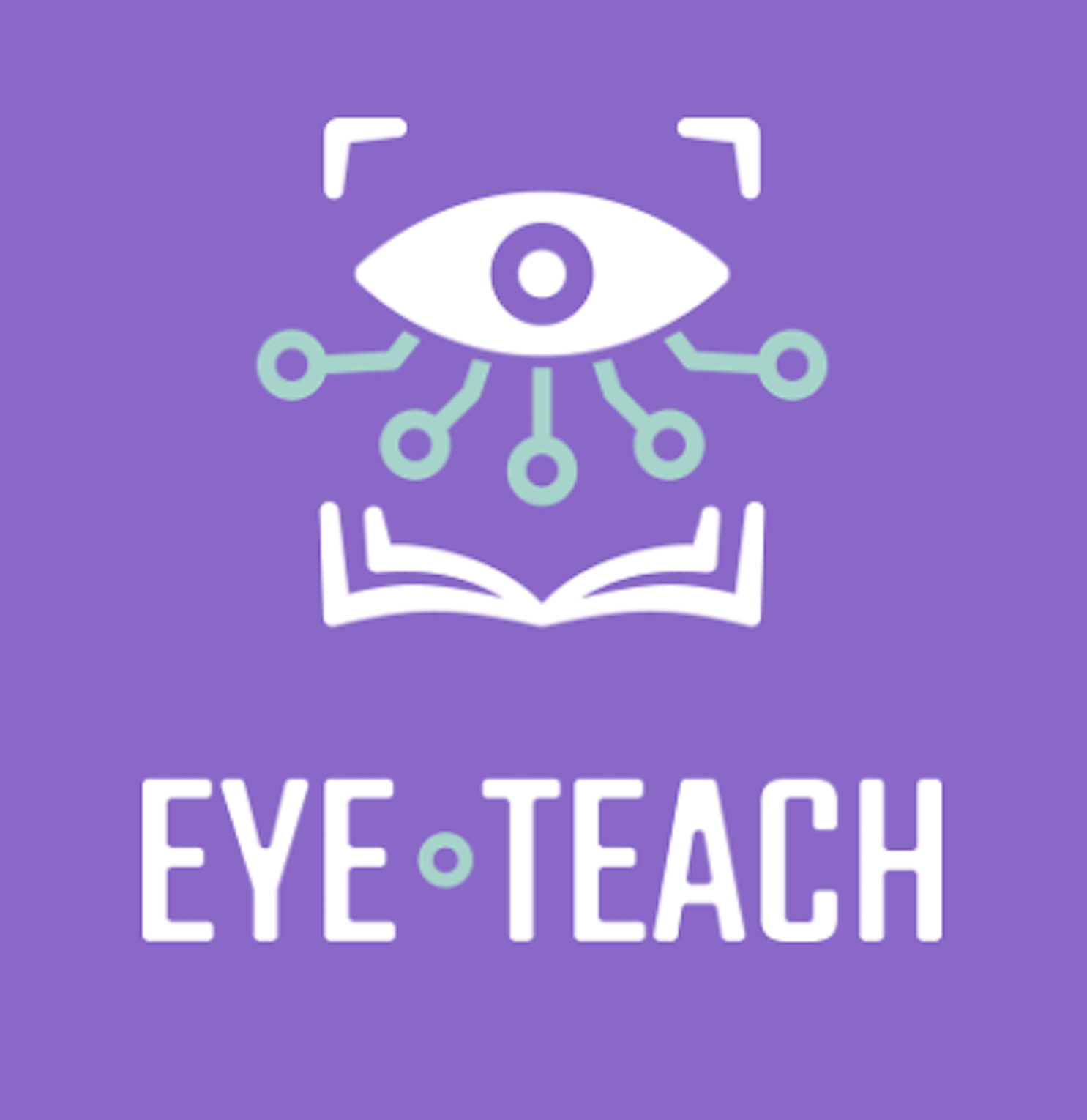 EYE-TEACH
EYE-TEACH
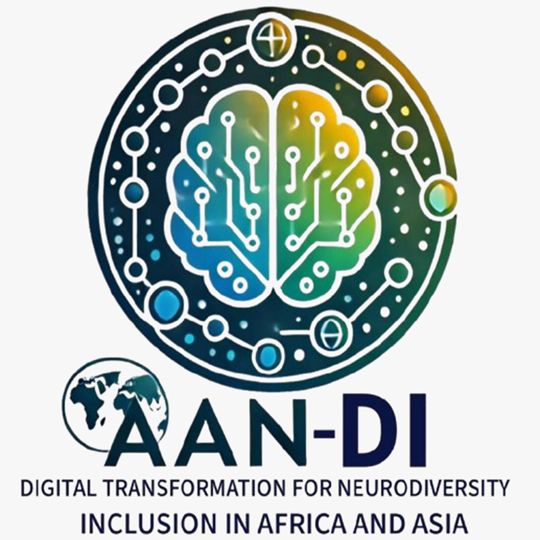 AAN-DI
AAN-DI
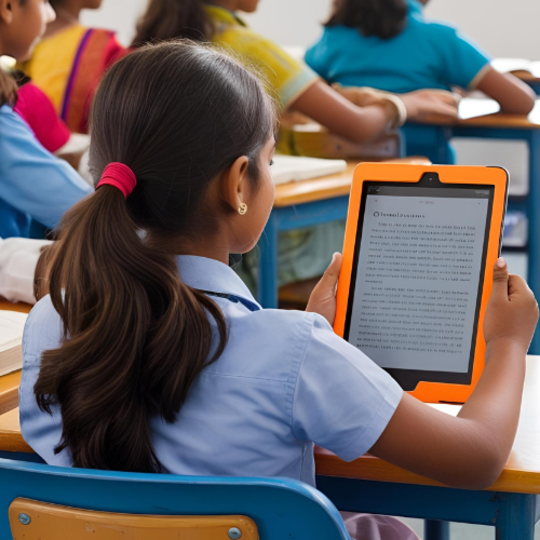 D-PAL
D-PAL
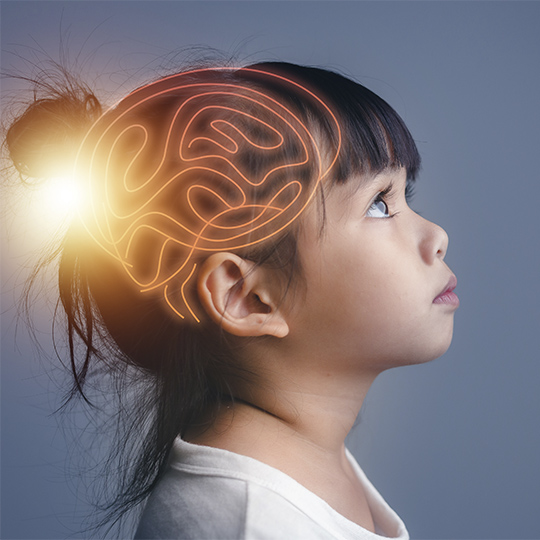 Atypical
Atypical
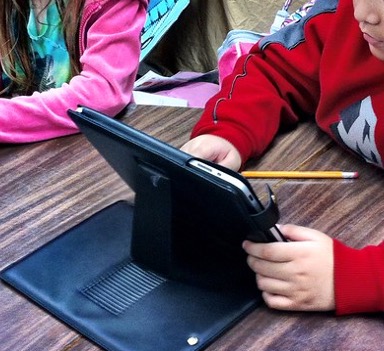 PROJECT OLEDIG - Optimization of digital reading: Analysis and intervention in the cognitive processes involved
PROJECT OLEDIG - Optimization of digital reading: Analysis and intervention in the cognitive processes involved
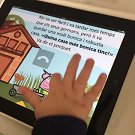 digitread
digitread
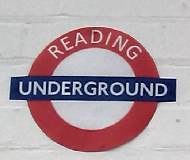 LearnREADy
LearnREADy
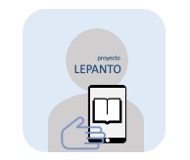 Project LEPANTO - On-screen reading at primary and secondary education classrooms: Multimethod studies
Project LEPANTO - On-screen reading at primary and secondary education classrooms: Multimethod studies
 Dys_SIGN
Dys_SIGN
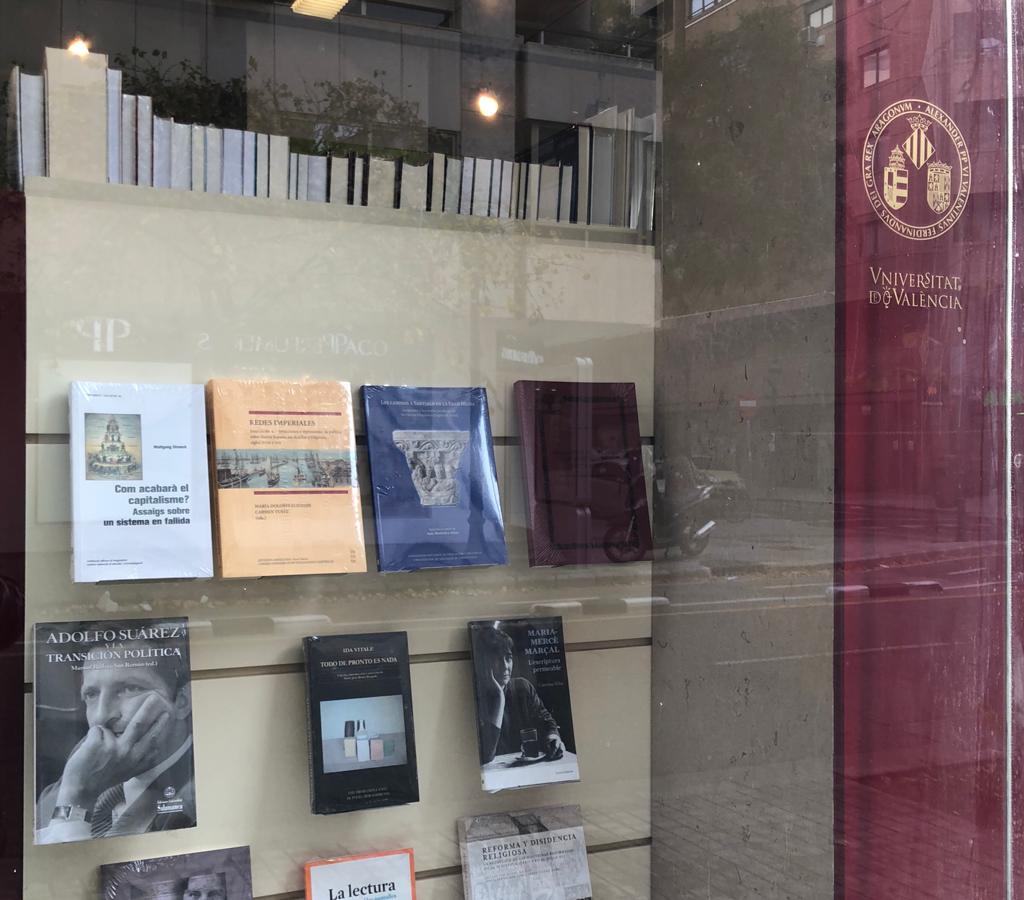 #CanonNoAcadémico
#CanonNoAcadémico
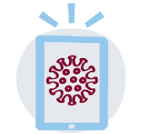 Reading habits during the confinement by COVID-19
Reading habits during the confinement by COVID-19
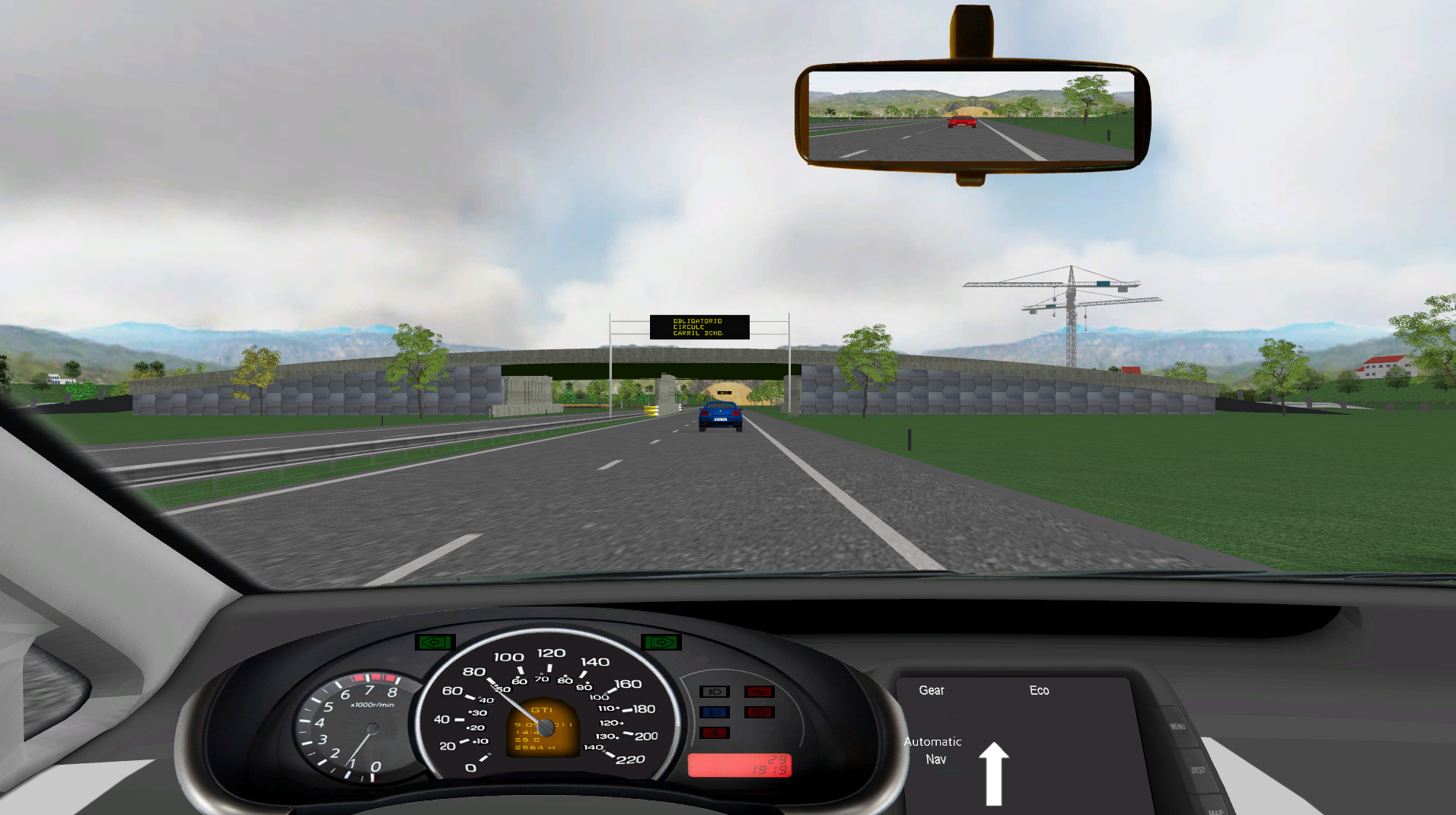 Multimodal_VMS
Multimodal_VMS





